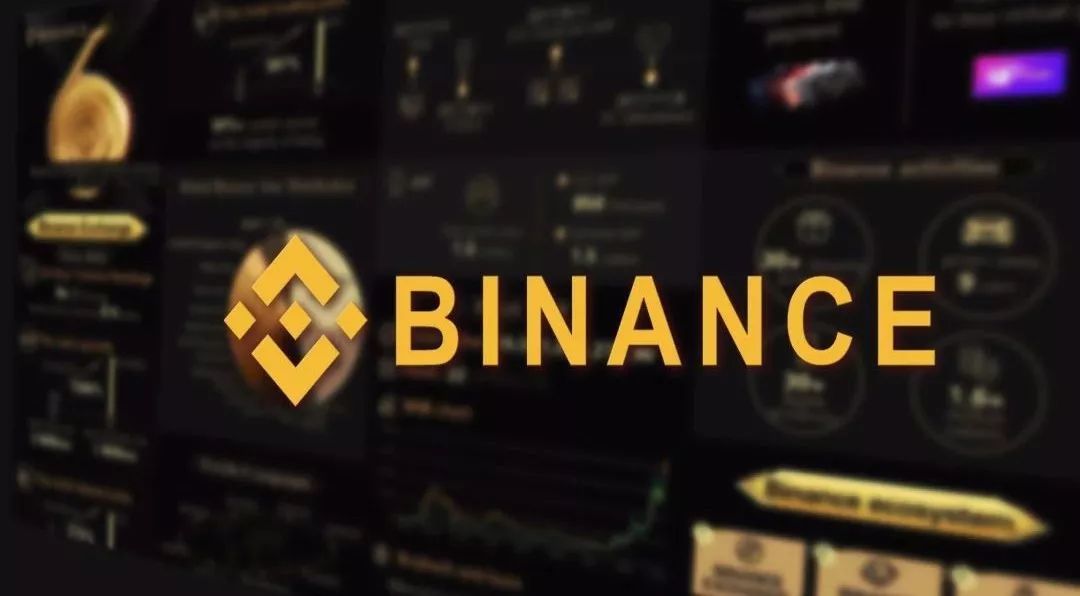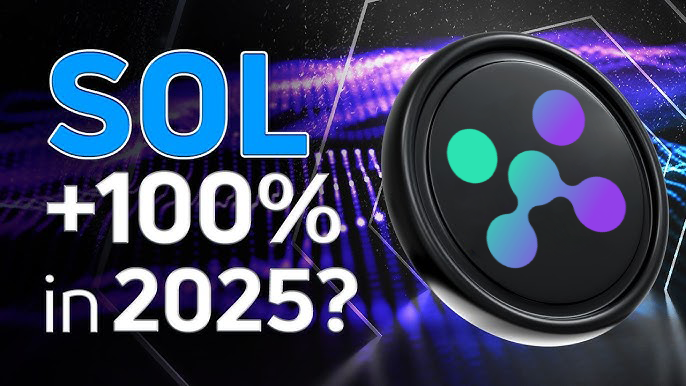As blockchain technology progresses, the landscape of cryptocurrency trading is evolving rapidly. Decentralized exchanges (DEX) and centralized exchanges like Binance and XBIT are engaged in fierce competition. For cryptocurrency investors and enthusiasts, understanding the advantages of decentralized exchanges is crucial. This article will explore five key benefits of DEX compared to XBIT and Binance, helping readers grasp their potential value and practical applications.
1. User Control and Security
One of the most notable features of decentralized exchanges is the complete control users have over their assets. In centralized exchanges, such as Binance, users must deposit their funds into the exchange's wallet, relinquishing control of their assets and private keys to a third party. This presents risks, including potential theft or the exchange’s collapse. In contrast, DEX allows users to manage their funds directly through smart contracts, removing the need to trust a third party. This characteristic enhances transaction security and offers better privacy for users.
For example, if Binance were to experience a hacking incident, the users’ assets held there could be at risk. However, in a decentralized exchange, users have direct control over their funds, which significantly enhances asset security, even though there are still technical risks involved.

2. Barrier-Free Trading and Global Accessibility
Another significant advantage is the barrier-free trading that decentralized exchanges offer. As long as users have internet access, they can trade from anywhere in the world at any time. This is particularly important for regions with underdeveloped financial infrastructure.
In contrast, centralized exchanges are often subject to regulatory restrictions in various countries. In some areas, users might be prohibited from engaging in cryptocurrency trading, or the operations of the exchange may be heavily regulated. DEX can bypass these restrictions, allowing users to trade freely regardless of their location, providing greater flexibility and convenience for a global audience.
3. Trustlessness and Transparency
Decentralized exchanges utilize smart contracts to ensure transaction processes are transparent and trustless. All transaction records are publicly available on the blockchain, allowing anyone to view and verify trading activity. This means users do not need to rely on the information provided by centralized exchanges.

On centralized exchanges, users can only depend on the data released by the exchange and cannot directly verify the authenticity of transactions. Occasionally, exchanges may manipulate the market, affecting prices; however, in DEX, the likelihood of this occurring is significantly lower because all transaction data is open and transparent.
By using decentralized exchanges, users can have a clearer understanding of market conditions and reduce the risk of being misled. This level of transparency instills more confidence in users during trading.
4. Fees and Efficiency
When it comes to fees, decentralized exchanges offer clear advantages. Centralized exchanges typically charge higher trading fees, whereas DEX often have lower fees—some platforms even provide options for fee-free trading. DEX facilitates transactions through automated liquidity pools, enhancing efficiency and reducing costs for users.

For instance, well-known decentralized exchanges like Uniswap enable users to earn a portion of trading fees by providing liquidity, making the trading experience more flexible and efficient. Compared to Binance, users can save on trading fees and enjoy faster transaction speeds.
5. Integration with Decentralized Finance
Finally, decentralized exchanges often integrate closely with other decentralized finance (DeFi) protocols, broadening the options available to users. On DEX, users can engage in not only trading but also liquidity mining, lending, staking, and various other financial activities, allowing them to make the most of their assets.
While XBIT and Binance are trying to introduce similar financial products, their overall flexibility and variety tend to be less than that of decentralized exchanges. Users on DEX can find more opportunities for generating returns and can easily create diverse investment portfolios.
In summary, decentralized exchanges (DEX) have considerable advantages over centralized exchanges like XBIT and Binance in areas such as user control, security, global accessibility, transparency, fees, and integration with DeFi. These characteristics make DEX the preferred platform for an increasing number of investors, especially for those who value privacy and self-control.
Of course, decentralized exchanges are not perfect; they face challenges regarding technical complexity, user experience, and transaction speed. However, as blockchain technology continues to develop, the future potential of DEX is enormous.
When choosing a trading platform, users should consider their own needs and risk tolerance. Whether selecting DEX or centralized exchanges, understanding their respective features and advantages is crucial. We hope this article helps you gain a deeper understanding of the unique appeal and broad prospects of decentralized exchanges. In the fast-changing world of cryptocurrencies, maintaining an open mindset and curiosity about new developments will create more opportunities and successes in your investment journey.
















No comments yet